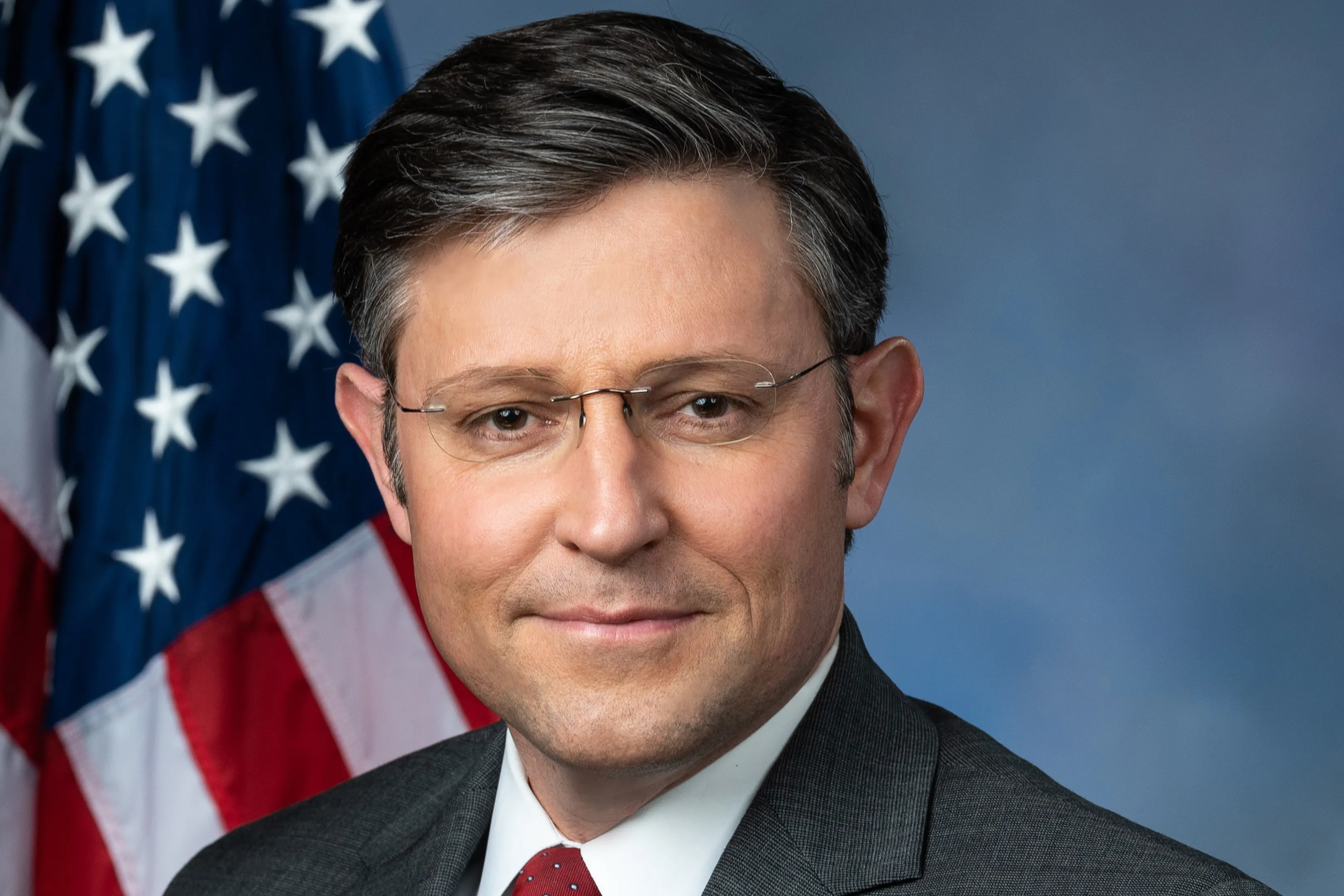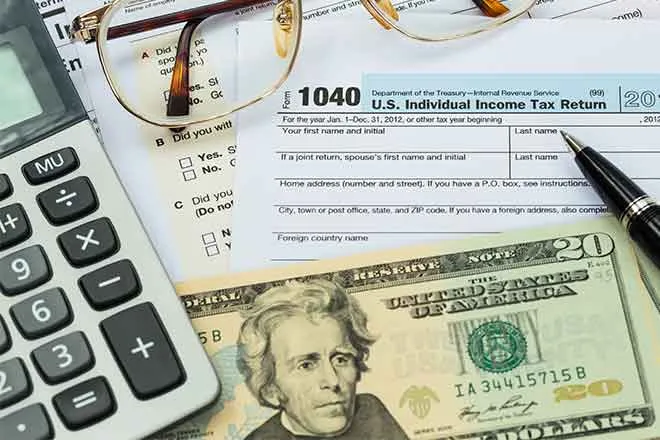
Daily Audio Newscast Afternoon Update - May 21, 2025
© INDU BACHKHETI - iStock-1336427297
News from around the nation.
Trump's $4 trillion deficit bomb; Report: Medicaid cuts would hobble rural Alaska health care; Lipscomb University master's program would address health care workforce; $6 medical copays block health-care access in Mississippi prisons.
Transcript
The Public News Service Wednesday afternoon update.
I'm Mike Clifford.
President Trump yesterday declared himself the biggest fiscal hawk in Washington.
He then spent the next hour urging Republicans to unite behind the most budget-busting legislation in modern U.S. history.
That's the take from Axios.
The report Trump's big beautiful bill is projected to add trillions to the deficit over the next decade, rattling conservatives who have long been warning that the U.S. is barreling toward a fiscal catastrophe that could balloon the nationwide debt, which now tops $36 trillion.
Next we head to another state where proposed cuts to Medicaid would put hospitals in jeopardy in rural states where health care services are already scarce.
More now on that new research by the Georgetown University Center for Children and Families.
More than 23 percent of the nation's rural residents of childbearing age are covered by Medicaid, including in Alaska. with Alaska Children's Trust, says reductions in Medicaid benefits would fall directly on those who live in remote locations, areas only accessible by boat, small plane, or snow machine.
We know 40 percent of births are paid by Medicaid, and that percentage even increases as we go out into our rural communities.
Why is that key?
Because some of our communities are 50 people.
There is no medical, there is no support.
He says Alaska's rural communities on Medicaid are already suffering hospital closures and those that remain open are having to reduce or eliminate obstetrical services.
I'm Mark Moran.
And the Lipscomb University College of Pharmacy is poised to launch Tennessee's first certified anesthesiologist assistant master's degree program, pending Governor Bill Lee's signature.
The bill would address the shortage of anesthesiologists in Tennessee by allowing hospitals and counties with fewer than 105,000 residents to directly employ physician anesthesiologists.
Tom Campbell with Lipscomb says certified anesthesiologist assistants play a key role alongside anesthesiologists in patient care during surgery.
He says the school's 24-month curriculum is designed to prepare students for the high standards of the profession.
"They are fully trained in how to manage the airways, how to manage emergency situations that would require cardiac life support.
For Public News Service, I'm Danielle Smith.
Next, medical co-pays in prison could be keeping people who are incarcerated from seeking the health care they need.
The latest review shows that Mississippi charges six bucks per medical visit, which is more than most incarcerated people earn in a week.
Wanda Bertram with the Prison Policy Initiative says the financial burden frequently falls on families of those behind bars.
So you're basically charging, usually working class people, low-income people to support their loved ones inside and it has a cost burden that ripples out into the non-incarcerated population.
The department says the co-pays prevent system abuse.
This is Public News Service.
A Montana-based Indigenous advocacy group says it's increasing membership this year in a new way.
Western Native Voice on Tuesday held the last of about a dozen conferences it has hosted since March in tribal communities across Montana.
The group offers programs to attendees that focus on leadership development, civic engagement and education, and public policy advocacy.
Denise Juno, Montana's former State Superintendent of Public Instruction and a conference keynote speaker says Native legislators made a lot of headway in this year's session.
There was a sense of pride in seeing what got accomplished through the 12 Native legislators who got elected from all these different communities and I think really a glimmer of hope about what can happen when people get engaged. that passed include updates to the Montana Indian Child Welfare Act and a new approach to the missing and murdered indigenous persons crisis as well as reauthorization of native language preservation programs and formal recognition of indigenous peoples day.
I'm Kathleen Shannon.
And a new report shows that in Alabama and across the country adults still want to go back to school but many do feel shut out by cost and limited access.
A Gallup and Lumina Foundation study surveyed nearly 14,000 U.S. adults ages 18 to 59 who never earned a degree.
Some are currently enrolled, others have stopped out, and many say they're willing to try again.
But Courtney Brown with Lumna said while belief in higher education is strong, most people still don't think quality, affordable options are within reach.
Almost 90 percent of adults without a degree or credential, so these are people that either are enrolled or they stopped out or they've never touched higher education.
They have a belief in the value of higher education yet only 30 percent of Americans believe that they have access to quality affordable education.
The survey also shows that most adults thinking about college aren't just chasing a degree they're hoping for a better job.
Shantia Hudson reporting.
Finally supporters of electric vehicle ownership say there are a number of advantages to owning one.
Studies shows that EVs can convert 85 to 90 percent of their energy into forward movement.
A majority of the electricity used in an EV vehicle is American-made and an EV can be charged at home despite these benefits and their popularity.
U.S. House Speaker Mike Johnson has proposed removing a $7,500 tax credit for EV owners as part of President Donald Trump's goal to restructure the country's budget.
Electric Vehicle Association Board of Directors member John Higham wonders if this will cause potential EV car buyers to back away.
Do I think if the $7,500 tax credit suddenly disappeared, it's not going to kill the electric vehicle?
It might slow the acceleration of the adoption of the electric vehicle, but it's certainly not going to reverse the trend.
I'm Terry Dee reporting.
This is Mike Clifford for Public News Service.
Member and listener supported.
Find our trust indicators at publicnewsservice.org.

















